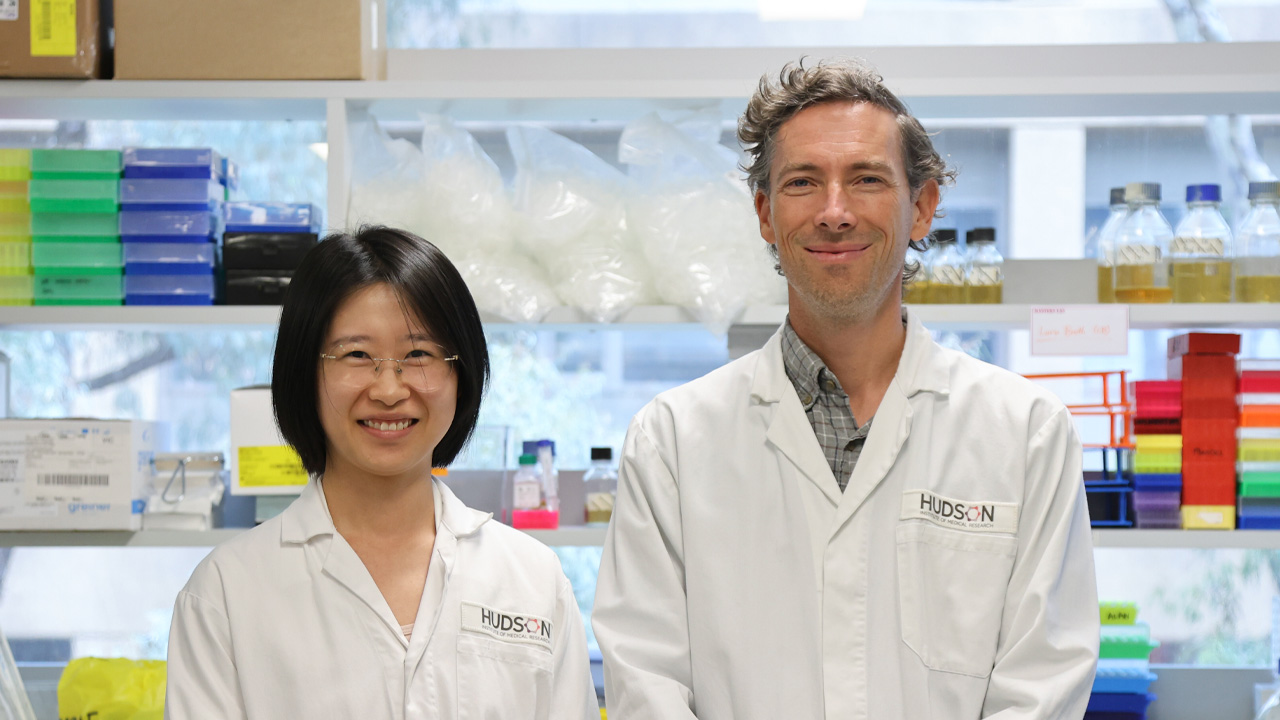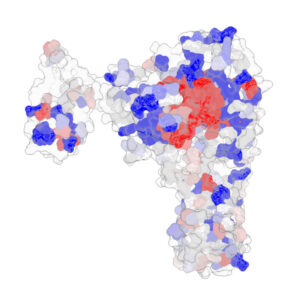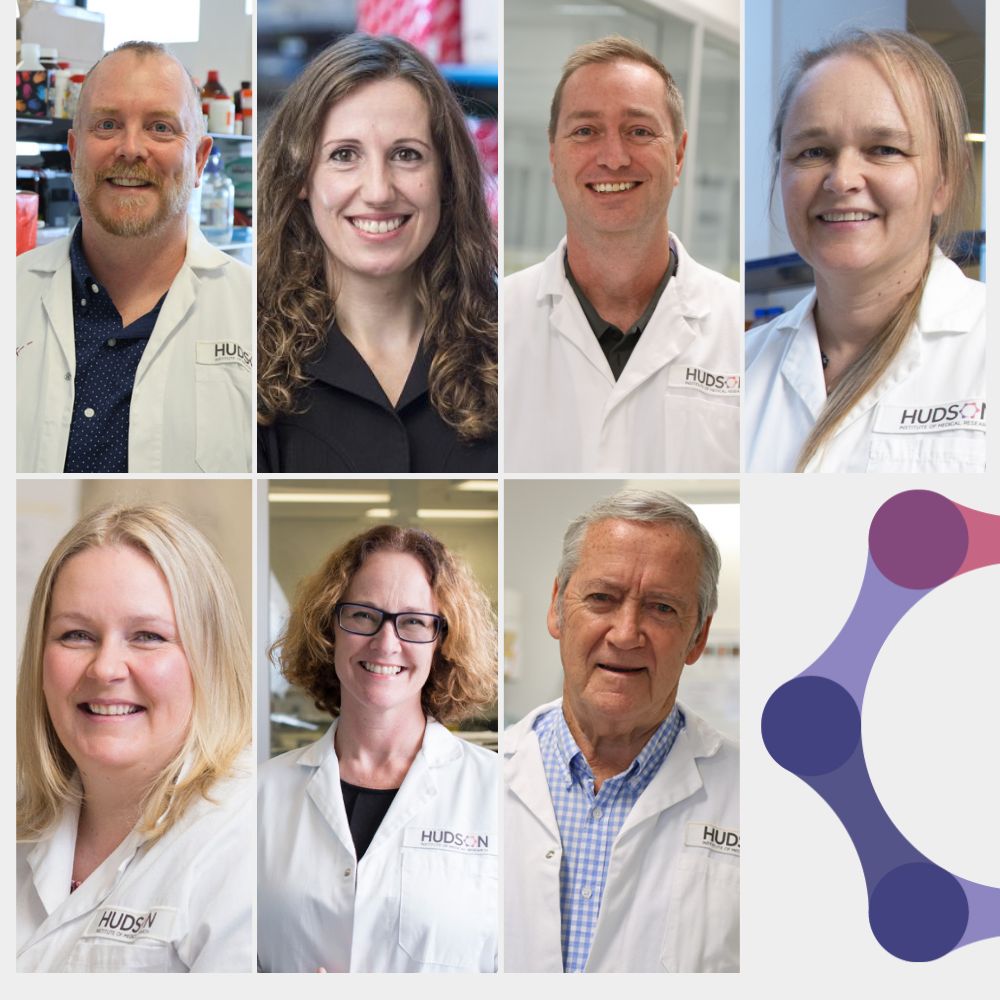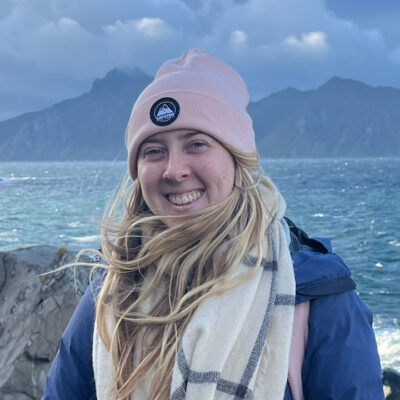Genetic analysis CAPS search for a cure
By Rob Clancy, staff writer. Reviewed by Dr Shouya Feng

A rare and debilitating group of autoinflammatory diseases is closer to a cure thanks to a world first genetic analysis project at Hudson Institute.
Cryopyrin-associated periodic syndromes (CAPS) are inherited autoinflammatory conditions characterised by recurrent bouts of systemic inflammation related to inappropriate activation of the innate immune system.
These diseases are known to be linked to genetic changes in an immune senser named NLRP3 and now, for the first time, researchers have analysed hundreds of mutations to pinpoint the causes.
Their work has been published in the journal Nature Immunology.
First author, Dr Shouya Feng said this research is the world-first functional screening of all known NLRP3 variants: “This extensive analysis provides the first systematic approach to understanding how specific mutations lead to inflammasome activation.”
First ever CAPS genetic analysis
Her supervisor, Professor Seth Masters, said most of these gene variants have never been studied before.
“Our analysis shows that some people got diagnosed with this condition incorrectly, and there are quite a number of people out there whose disease didn’t look exactly like CAPS, but it turns out our test shows that this is what they have, and for the first time they can get access to a drug that treats the condition, insurance coverage, family planning and certainty about why they are ill,” Prof Masters said.
Dr Feng and the team studied more than 500 genetic variants of NLRP3 to see how they affect inflammasome activation and response to inhibitors.
“Our findings reveal different ways these mutations trigger inflammation, identify variants resistant to existing drugs, and provide new insights for diagnosing and treating patients with CAPS. This work could help match patients to the right treatments and improve future drug development,” she said.
Dr Feng believes that improving the classification of pathogenic and benign NLRP3 variants will ensure that patients can receive the right care.
“Additionally, as new NLRP3-targeting drugs like MCC950-derived compounds are being developed, our findings provide valuable insights to improve drug design and expand treatment options for those with resistant mutations,” she said.
Disease facts – CAPS
- Cryopyrin-Associated Periodic Syndromes (CAPS) are rare autoinflammatory diseases caused by NLRP3 mutations, affecting approximately 3 to 5 in 1 million people worldwide.
- CAPS comprises the three conditions previously described as familial cold autoinflammatory syndrome (FCAS), Muckle-Wells syndrome (MWS), and neonatal-onset multisystem inflammatory disorder (NOMID), also known as chronic infantile neurologic, cutaneous, and articular (CINCA) syndrome.
- General symptoms are fatigue and fever. Local manifestations affect multiple tissues such as skin, joints, muscles, eyes, and the central nervous system.
- CAPS symptoms range from mild to severe, including recurrent fevers, skin rashes, joint pain, hearing loss, and neurological complications.
- More than 70 per cent of NLRP3 variants found in genetic analysis have uncertain significance, making it difficult to determine whether they cause CAPS or any other disease.
Collaborators | Guilaine Boursier and Florian Milhavet - University of Montpellier, France Alberto Pinzon-Charry from Children’s Health Queensland, Juan Ignacio Arostegui from University of Barcelona, Spain, Raju P Khubchandani SRCC Children’s Hospital, India.
This research was supported by | S.L.M. was supported by the European Joint Programme on Rare Diseases (ODINO project, EJP RD JTC2022) and the NHMRC (GNT2008699). S.F. was supported by the Jack Brockhoff Foundation (JBF Grant number 5252). D.D.N. was supported in part by a Monash University FMNHS Senior Postdoctoral Fellowship. M.G. is supported by the European Research Council (ERC Advanced Grant NalpACT) and by the German Research Foundation (DFG) under Germany’s Excellence Strategy – EXC2151-390873048. M.Z. is supported by the DFG funded International Graduate School GRK 2168.
Journal | Nature Immunology
Title | Mechanisms of NLRP3 activation and inhibition elucidated by functional analysis of disease-associated variants
View publication | https://www.nature.com/articles/s41590-025-02088-9
In this article
About Hudson Institute
Hudson Institute’ s research programs deliver in three areas of medical need – inflammation, cancer, women’s and newborn health. More
Hudson News
Get the inside view on discoveries and patient stories
“Thank you Hudson Institute researchers. Your work brings such hope to all women with ovarian cancer knowing that potentially women in the future won't have to go through what we have!”







